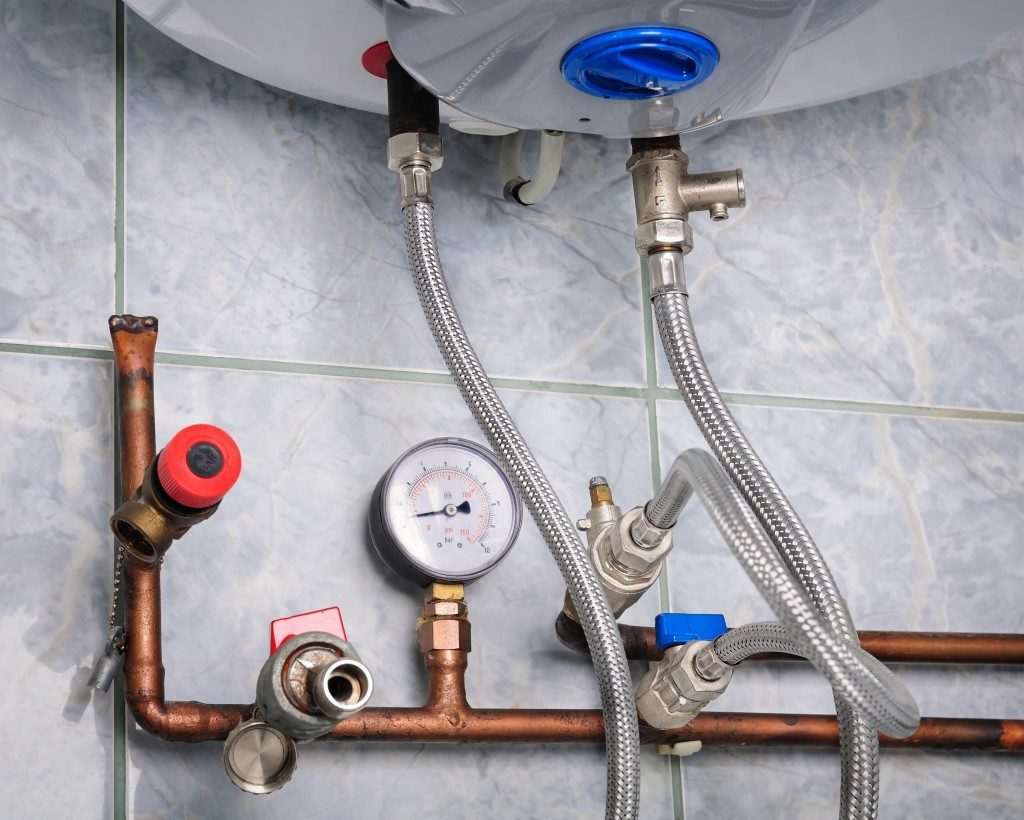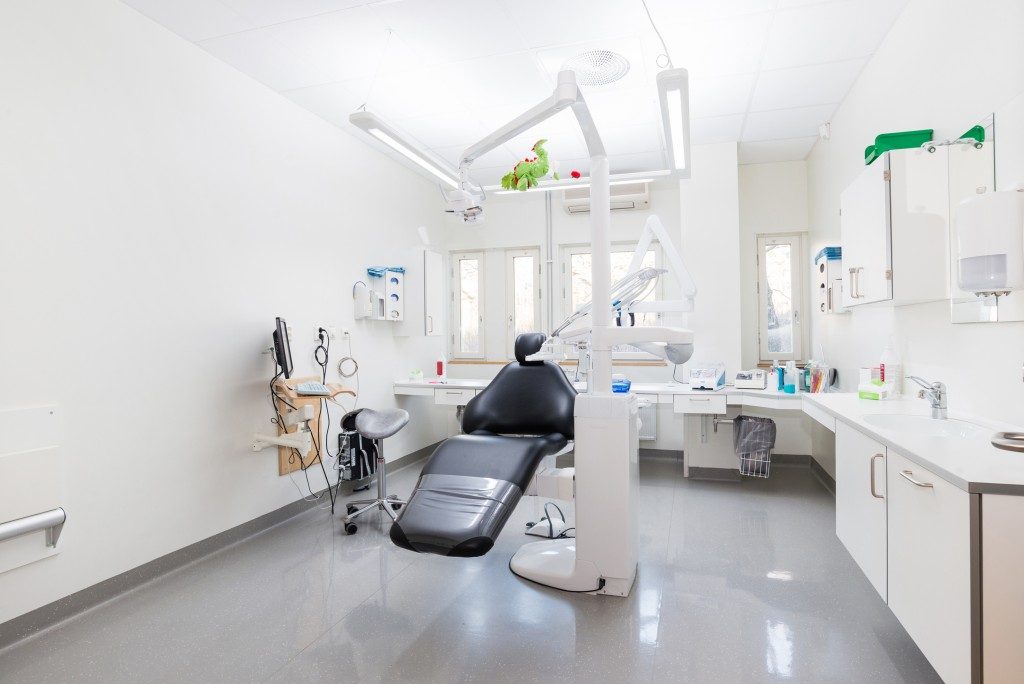Plumbing isn’t a one-size-fits-all skill. Within the industry, plumbing can be divided into commercial and residential plumbing, and each solves the same problems but on vastly different scales.
So what is the difference between the two? And does this mean you need to contact different plumbers to do each job? Or perhaps the more accurate question is, can you do either yourself? Plausible, but you’ll need high-quality wrenches, benders, or pipe cutters. With the right tools, you only need the correct skillset.
Pipe grade and equipment
Since commercial buildings and residential homes are built with mostly different demands to consider, the former will have industrial-grade pipes and fixtures installed. Large-diameter steel or concrete pipes made for high-pressure applications are usually found in commercial malls, hospitals, or large campuses. Meanwhile, standard PVC pipes or pipes made of steel or aluminum are used for residential buildings.
Thus, equipment to tend to either issue is different. Commercial plumbers might resort to bigger connectors, industrial waste pumps, and larger boilers.
More complex structures
The most apparent difference between the two structures is that one has way more floors than the other. Thus, commercial plumbers regularly deal with more complicated plumbing architectures.
Since pipe networks go through several floors and even through basement levels, they have to resort to pipeline mapping systems. They also have more plumbing codes set for commercial buildings.
Frequency of usage
The size of the structure is directly proportional to the usage of residents, which is why commercial plumbers have a lot more to work with. Commercial septic issues are undeniably harder to solve compared to when it’s in a residential setting where only a handful of people reside.
This also makes maintenance a more difficult task for commercial plumbers. Since buildings house more than a hundred people who probably don’t follow a common usage standard, this makes the structure more prone to plumbing issues.
Scope of plumbing problems

While the range of issues among commercial and residential plumbing is more or less the same, the difference lies in the design as brought by demand.
Water pressure, waste removal, and gas pipe repair all involve entirely different processes for commercial plumbers. They also have to deal with a more intricate drainage and ventilation system, as well as more appliances like sewer lines, sprinkler systems, and drinking fountains.
Residential plumbers deal with more localized issues, such as freshwater lines and irrigation, water heaters, and wall insulation.
Nature of work
Because they respond to plumbing issues at different levels, their quality of works varies as well. Commercial plumbers usually have to schedule their repairs during weekends or late hours to avoid interfering with business operations. They also have to have more safety devices in tow, and they usually work in groups to solve the issue faster. They’re expected to be more responsive to emergencies because plumbing issues in commercial sites are more crucial.
Overall cost
Commercial plumbing will be more expensive if only due to the sheer magnitude of the work. However, issues with residential plumbing tend to come in droves, so you might end up paying the same amount for having to solve any plumbing problems. The key is to know how to distinguish a licensed plumber. Talking to one not only informs you about rate differences but also ensures excellent work.
Now that you’re aware of the differences between the two, you’re well-informed about the type of plumbing service you need to contact.




